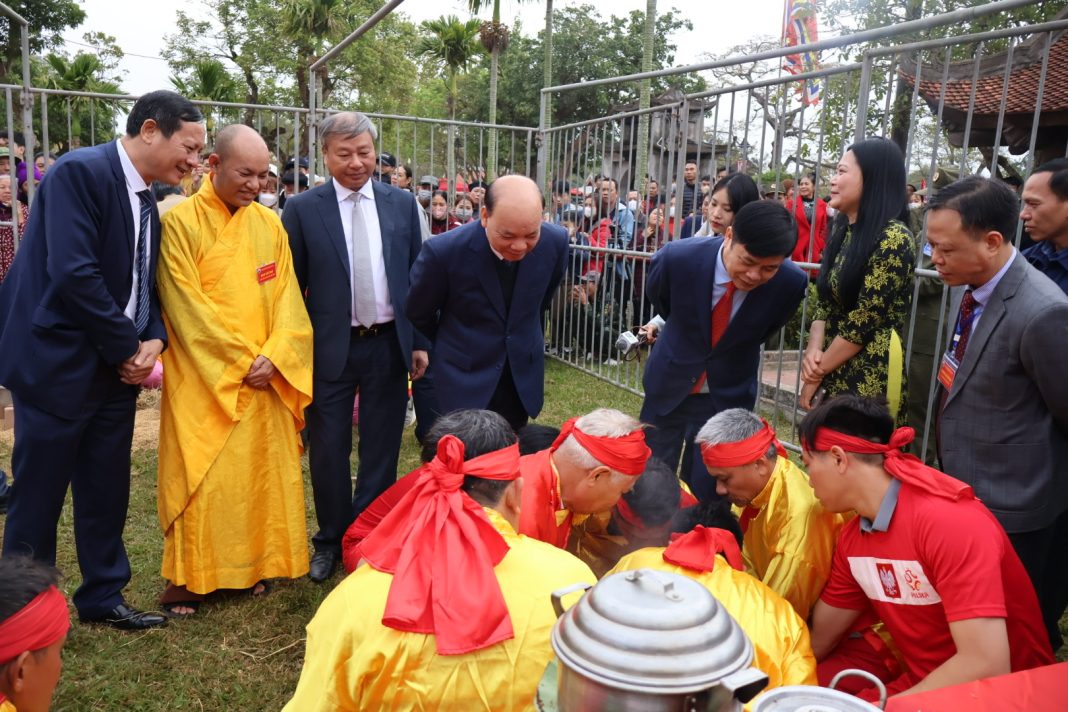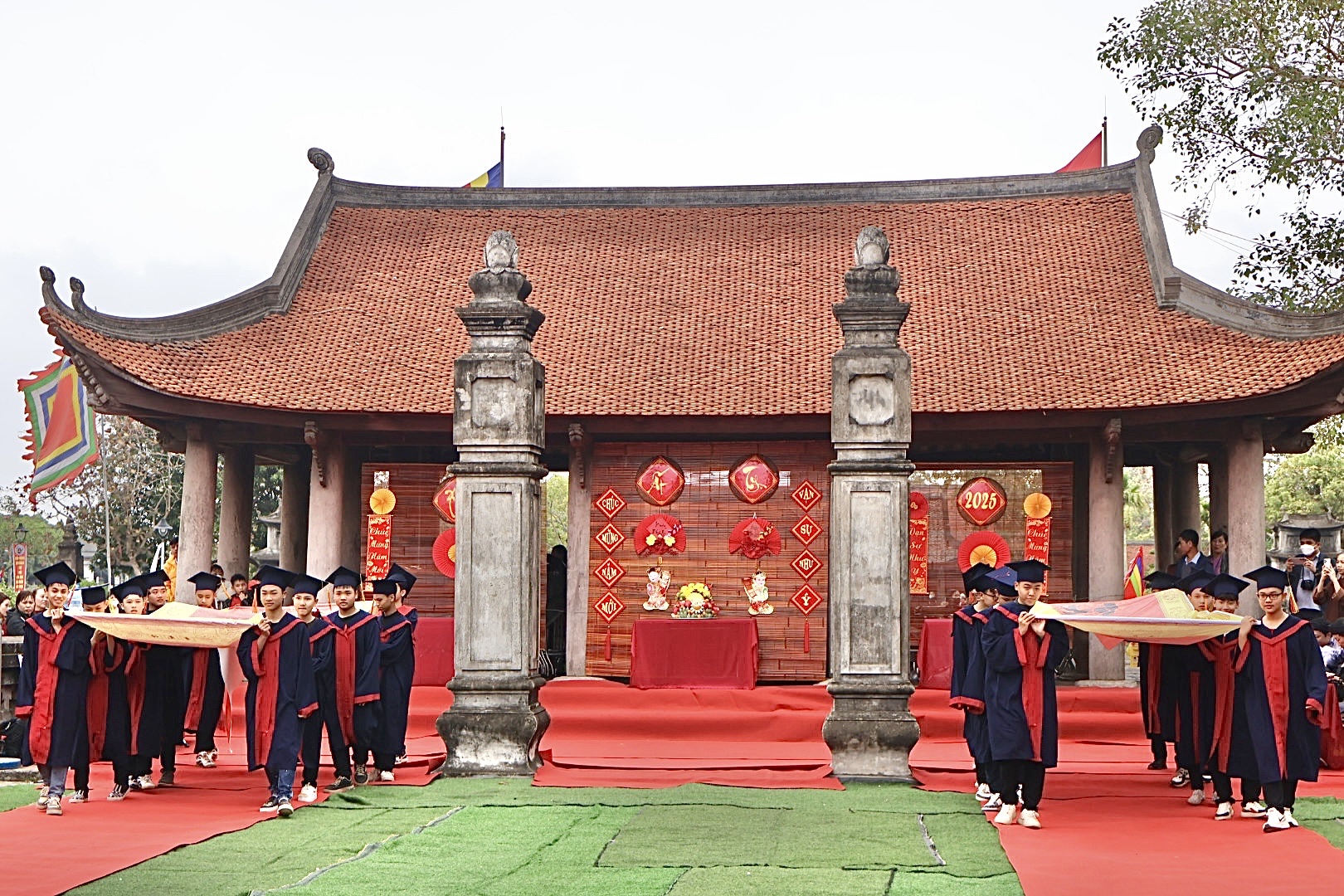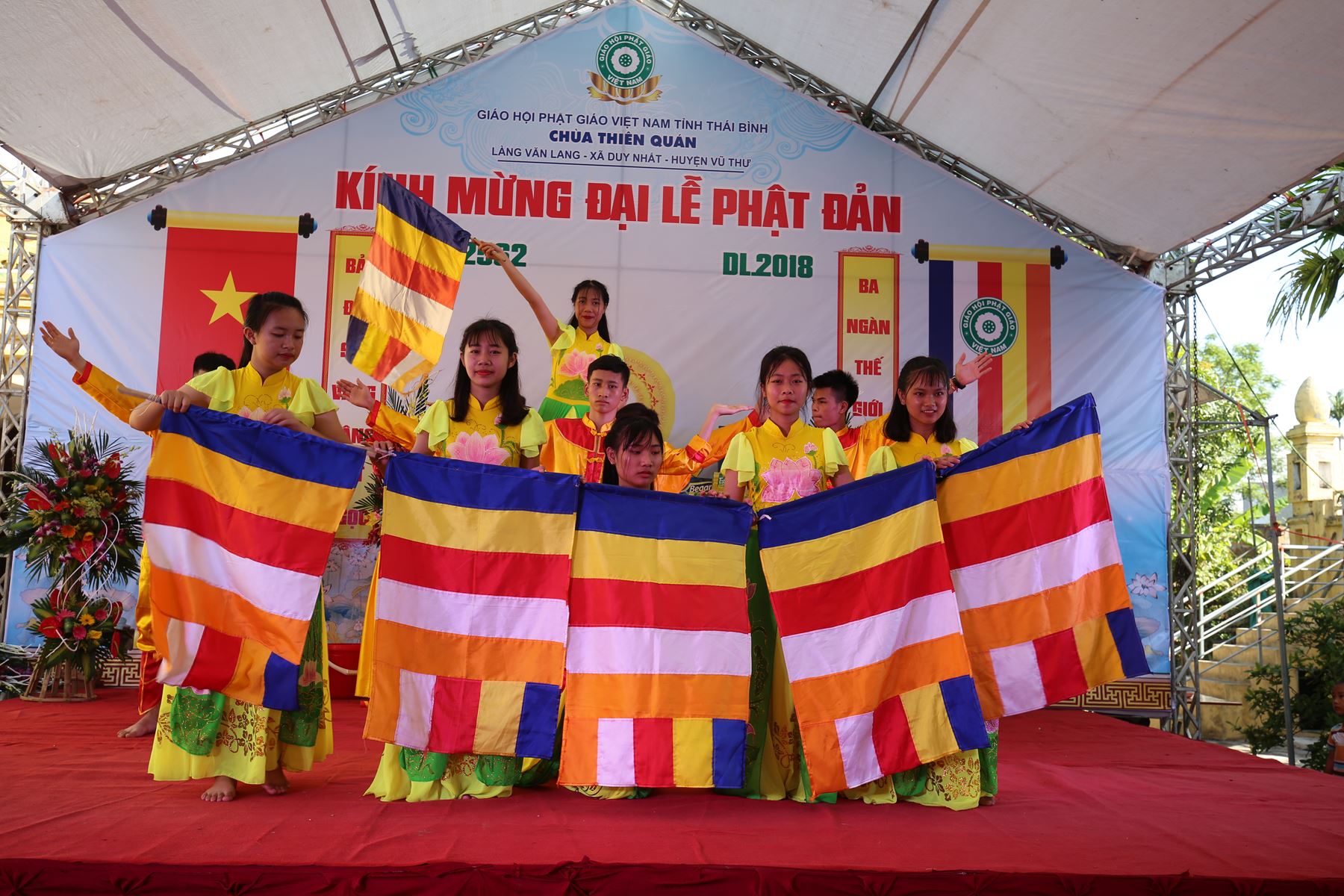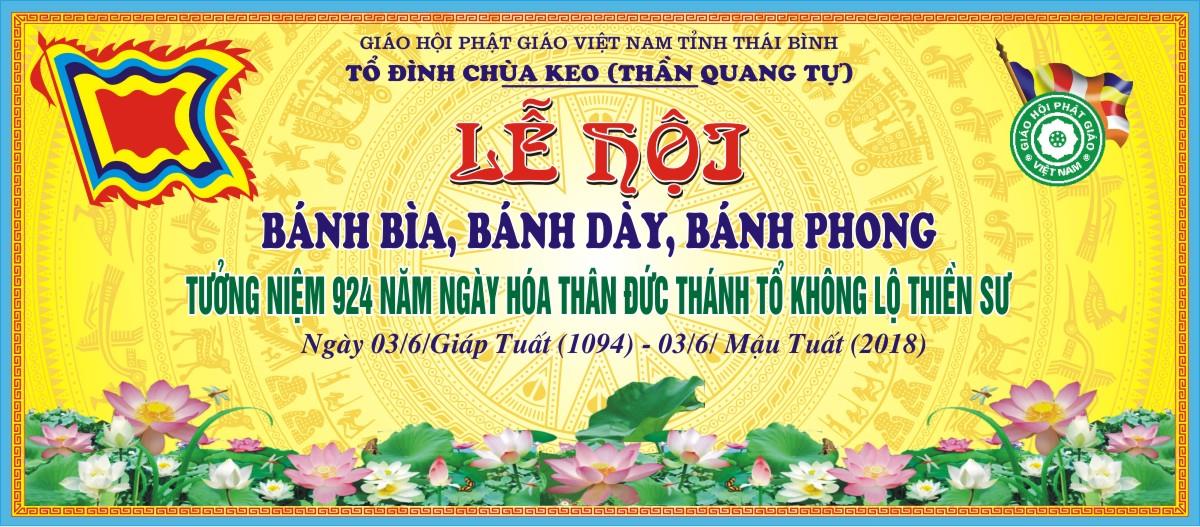On the evening of October 12, 2024 (the 10th day of the ninth lunar month, the Year of Giap Thin), at the Special National Relic of Keo Pagoda in Duy Nhat Commune, the People’s Committee of Vu Thu District solemnly hosted the opening ceremony of the Keo Pagoda Autumn Festival 2024.
The ceremony was attended by Mr. Nguyen Khac Dinh, Member of the Party Central Committee and Vice Chairman of the National Assembly; Mr. Lai Xuan Lam, Standing Deputy Secretary of the Party Committee of the Central Agencies; Mr. Ngo Dong Hai, Member of the Party Central Committee and Secretary of the Thai Binh Provincial Party Committee; Most Venerable Thich Thanh Duc, Deputy Supreme Patriarch of the Vietnam Buddhist Sangha; along with numerous representatives from government departments, unions, and socio-cultural organizations within and beyond Vu Thu District. Many venerable monks, nuns, and Buddhist followers were also present.
Keo Pagoda, known by its Chinese name "Than Quang Tu," is located in Duy Nhat Commune, Vu Thu District, Thai Binh Province. Constructed and completed in 1632, the pagoda has withstood nearly 400 years while preserving its ancient architectural beauty, making it one of Vietnam’s most renowned historic temples. Annually, Keo Pagoda hosts two major festivals: the Spring Festival on the 4th day of the first lunar month and the Autumn Festival in the ninth lunar month. The Autumn Festival commemorates the 100th day since the passing of Zen Master Khong Lo on the 13th day of the lunar month, as well as his birthday on the 14th and 15th days—an important Buddhist observance. Consequently, the festival extends over three significant days.
At the opening ceremony, Mr. Ngo Dong Hai performed the traditional drum-beating ritual to inaugurate the Keo Pagoda Autumn Festival 2024.
Following the ceremony was a cultural performance depicting the life and legacy of Zen Master Khong Lo, as well as the history of Keo Pagoda’s construction.
In conjunction with the festival, the organizing committee introduced 130 booths showcasing OCOP (One Commune, One Product) products and culinary specialties.
A notable highlight of this year’s festival was the introduction of an interactive art space featuring traditional woodblock printing, as well as an exhibition displaying historical images of Keo Pagoda, including rare photographic documents over a century old. These historical records, unveiled for the first time, offered Buddhists and visitors a deeper insight into the pagoda’s rich cultural heritage.
!["[KTMH] Trailer | WHAT TO DO TO MAKE SUMMER HOLIDAYS MORE MEANINGFUL?"](https://i3.ytimg.com/vi/s0VUGa1v6uw/maxresdefault.jpg)



